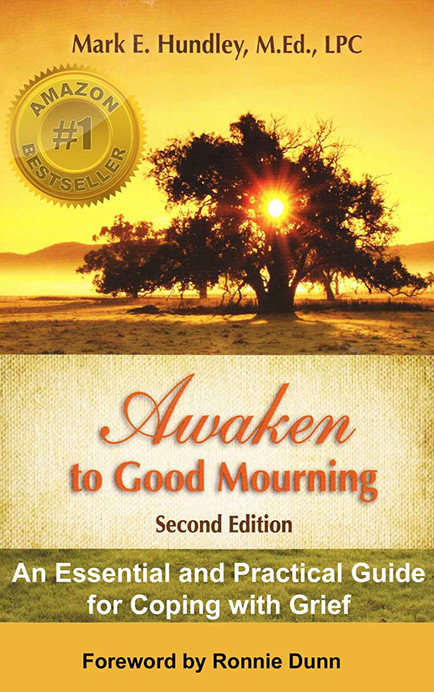“How stunning are the changes which age makes in a man while he sleeps!” These words were written by Mark Twain. The truth of Mr. Twain’s words holds to this day! Before we know it, we find ourselves flirting with the realities of aging. Perhaps the most obvious set of clues that we are entering this stage of life are found in experiences that tell us we are on the verge of losing our independence. In fact, the loss of independence can be one of the most frightening experiences associated with aging.
In a recent study entitled “Aging in Place in America,” results reveal that senior citizens fear losing their independence more than they fear death itself. More seniors, 26% , rated losing their independence as their greatest fear with death listed by only 3% of respondents. Since the loss of independence looms as such an enormous life experience, perhaps we should work to learn how to better adjust to that which is likely inevitable.
Learning to Grieve and Mourn the loss of independence become key components in our adjustment to the changes associated with aging. The first step in this process requires that we understand the differences between grief and mourning.
Grief is the entire constellation of mental, emotional, physical, spiritual and relational experiences associated with losing someone or something of value. Grief is essentially a reactive process in that the experiences come naturally in the face of loss and change.
Mourning on the other hand holds a more purposeful role in adjusting to personal loss. It is essentially a proactive process in that mourning encompasses all the actions we take in order to reconcile ourselves to the changes we face and integrate into the fabric of our lives, lessons learned along the way.
Following are five suggestions that may make the adjustment to the loss of independence more purposeful and therefore more palatable:
- Recognize the changes in your ability to do things in ways you always have. Personal awareness of the facts that changes are occurring better prepare us to take appropriate steps to adjust our lifestyle.
- Acknowledge that the changes you are experiencing require purposeful adjustment in the ways you approach routines related to work, play, self-care, leisure time and relationships.
- Embrace these realities as a natural part of life. You are not alone in this time of transition. Learning to move with the natural flow of life can open the doors to creating meaning as you age.
- Practice Self-Acceptance as a daily part of your life routine. Adopt a personal outlook that supports and reinforces your abilities to adjust and adapt in the face of change.
- Engage the world and those in it in new and meaningful ways. Find purposeful activities in which to participate that help you create meaning as you move through this natural part of life.
Mark Hundley is a Licensed Professional Counselor-Supervisor and Life Transition Specialist with a specific expertise in the field of grief. He works with individuals, families and corporate bodies to create and implement strategies for powerful living despite obstacles faced. He is the author of Awaken to Good Mourning – a personal guide through the journey of grief. Please visit www.markehundley.com for more information or to contact Mark.






Add Your Voice
0 Comments
Join the Discussion